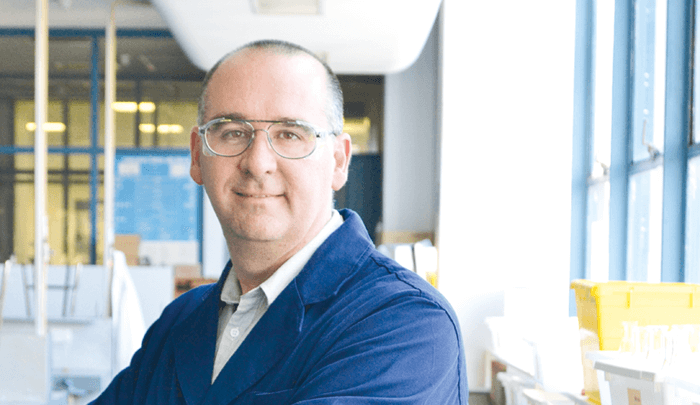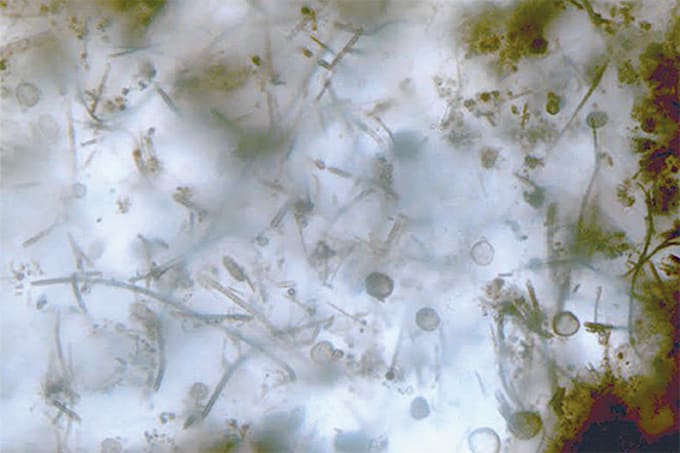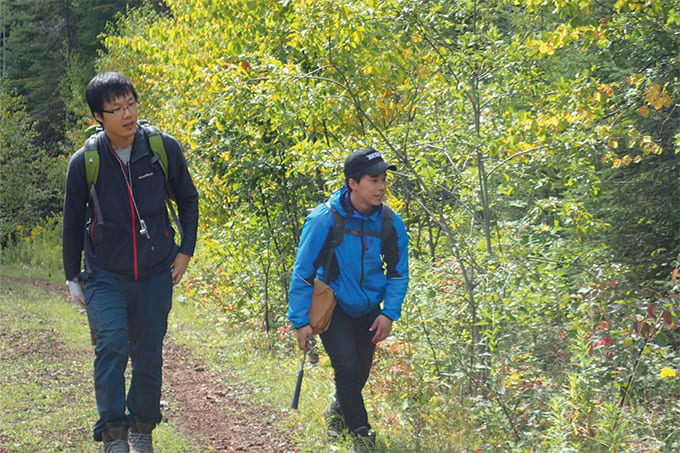
Protect and Serve
Sitting Down With… Michael Breadmore, Professor, Australian Centre for Research on Separation Science (ACROSS), School of Physical Science, University of Tasmania, Australia.

False
Sitting Down With… Michael Breadmore, Professor, Australian Centre for Research on Separation Science (ACROSS), School of Physical Science, University of Tasmania, Australia.

Receive the latest analytical science news, personalities, education, and career development – weekly to your inbox.

Michael Breadmore is an ARC Future Fellow at The University of Tasmania, Australia. His expertise lies in the application, understanding and exploitation of the hydrodynamic and electrokinetic phenomena in capillaries and microfluidic devices for the analysis of complex samples.
False
False

December 10, 2024
2 min read
Analyses of fossilized feces, intestinal contents, and vomit reveal how dinosaurs adapted to climate shifts

October 4, 2024
1 min read
A new imaging technique using specially coated indium tin oxide (ITO) glass slides reveals key bioessential elements in ancient microfossils – suggesting that life 1...

October 11, 2024
8 min read
Why the discovery of indium tin oxide glass slides ultimately led Akizumi Ishida and Kohei Sasaki to shed new light on early life on Earth – and to jump for joy

October 17, 2024
5 min read
Ani Martirosyan walks us through her histological and synchrotron X-ray analysis that provides new insights into infant mortality in Iron Age Iberian populations
False